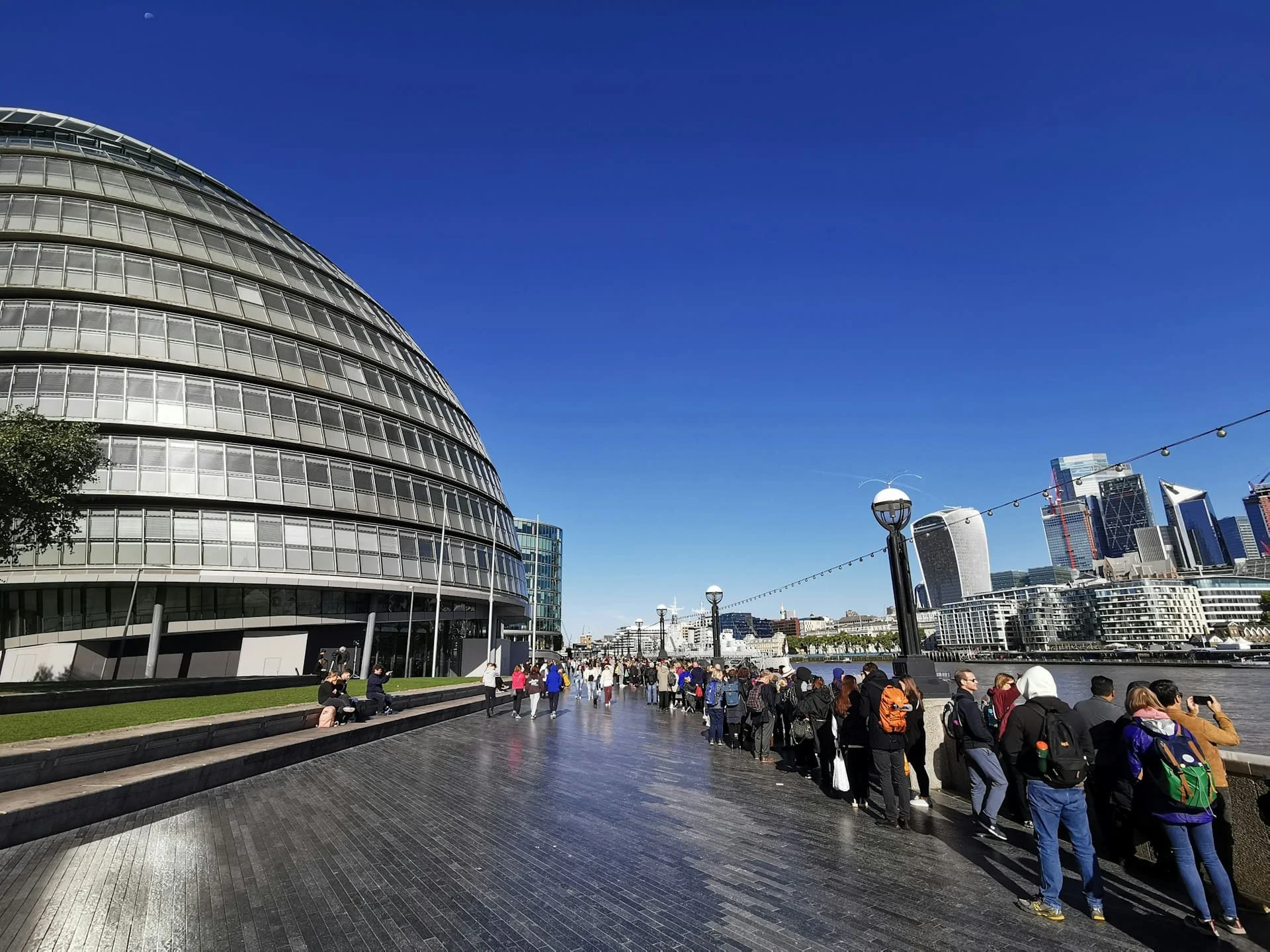Tuberculosis Cases Rise in England as London Sees Renewed Uptick

Tuberculosis cases rise in England may sound like a sentence from the history books, but it’s very much a story of today and Londoners are being urged to take notice. The capital, alongside the West Midlands, has seen a renewed uptick in cases of TB, a disease often mistakenly thought to have been consigned to the past.
According to recent health reports, England saw a 13% increase in tuberculosis cases last year, with over 5,400 people diagnosed. London accounted for the highest share, and the situation is now sparking concern among public health specialists. The disease, which spreads through the air when an infected person coughs or sneezes, primarily affects the lungs but can also harm the lymph nodes, bones and even the brain, leading to complications like meningitis.
The NHS has identified those most at risk as people experiencing homelessness, individuals with substance dependencies, or those living in poor-quality housing with limited access to healthcare. It’s not only about existing vulnerabilities – cities with high population density, such as London, make it easier for airborne diseases to spread unnoticed.
In fact, health professionals have flagged a worrying increase in cases among children under 15 and young adults, a trend that hadn’t been seen in over a decade. And with tuberculosis cases rise in England now showing no signs of slowing, calls for public vigilance are growing stronger.
TB symptoms are not always immediately obvious, which makes awareness all the more important. A persistent cough lasting more than three weeks, fever, night sweats, a loss of appetite, sudden weight loss or unexplained exhaustion are all indicators that should prompt a GP visit. If detected early, TB is treatable with a six-month course of antibiotics, and most patients make a full recovery.
While many remember the BCG vaccine from school days, it’s no longer routinely offered to all children. Instead, it’s given to those considered at higher risk – typically identified through family background or postcode-linked screening. With TB rates now climbing, some health experts are re-examining whether broader vaccination efforts or community testing might be necessary.
In London, community health teams are already stepping up their efforts to reach vulnerable groups, with mobile clinics and education programmes rolled out in high-incidence areas. But as always, a coordinated response involving awareness, prevention and timely treatment is key.
To stay informed about how this is being addressed across the capital and beyond, you can follow the latest health guidance via the UK Health Security Agency website.
For more local insights, you can also explore EyeOnLondon’s earlier reports, such as our piece on smoking rates rise in some parts of England – another reminder that long-standing health challenges continue to evolve.
For more updates on public health in London and further insights, visit EyeOnLondon. We’d love to hear your views in the comments.
Follow us on:
Subscribe to our YouTube channel for the latest videos and updates!
We value your thoughts! Share your feedback and help us make EyeOnLondon even better!









